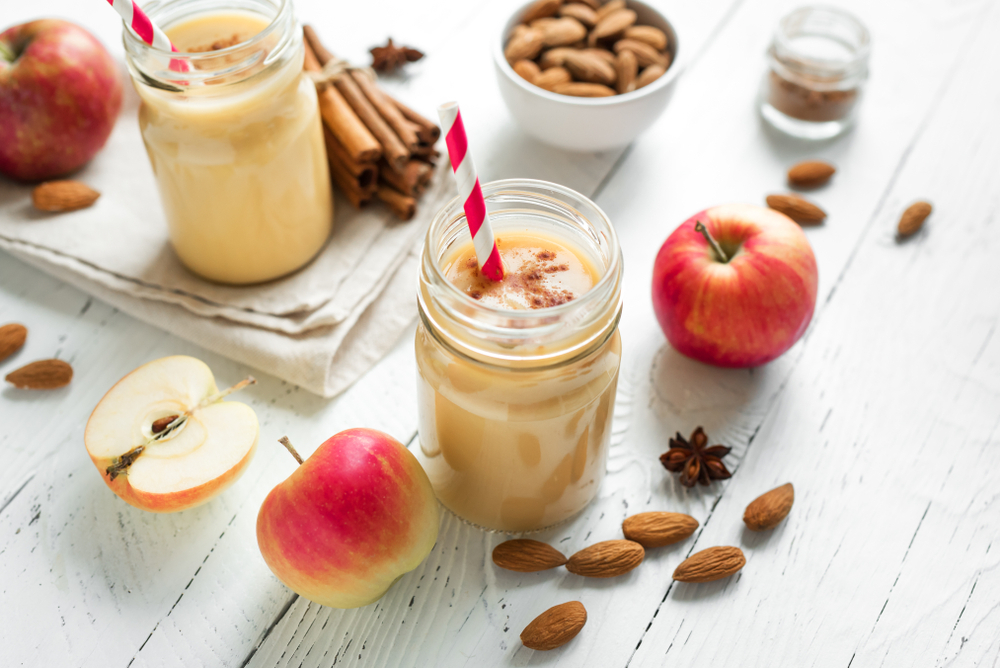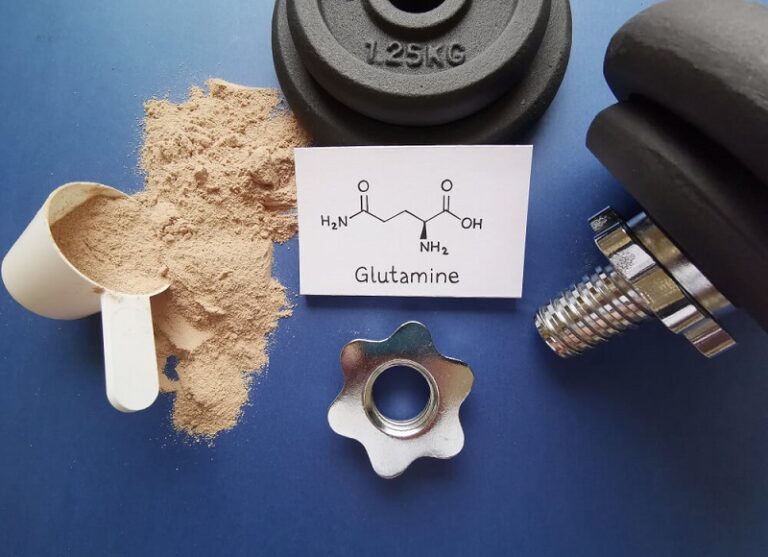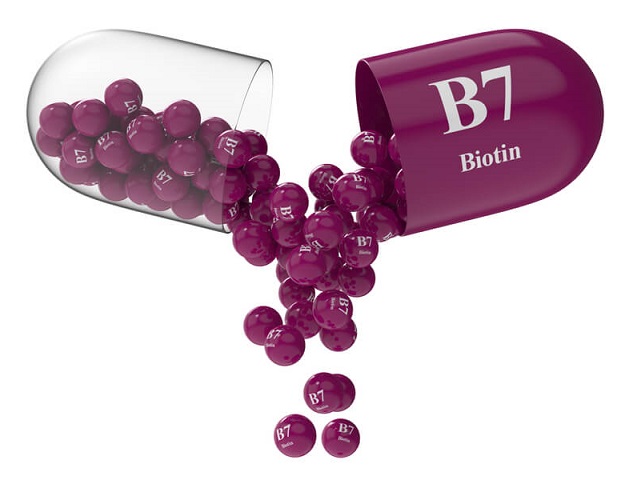Protein shakes come from protein powder, a dry, powdered dietary supplement that can be created from both animal and plant-based protein sources. It is most frequently combined with water, milk, or another beverage as part of a smoothie.
Strong data demonstrates that eating protein before and/or after working exercise causes a noticeable increase in muscle protein synthesis. However, it should be underlined that long-term protein and daily calorie intake play the most significant nutritional effects in promoting adaptations to exercise. However, once these variables are taken into consideration, it seems that pre exercise protein consumption, especially in the post-training period, plays a potentially useful role in terms of optimizing physical performance and favorably affecting the ensuing recovery processes for both resistance training and endurance exercise. (1)
Athletes utilize protein shakes mostly because they need to refuel immediately following an exercise. It makes it simpler to up your protein intake, and high protein diets are an excellent way to lose weight and build muscle. Protein smoothies may be useful for weight loss as they may help you curb your hunger, increase your metabolism, and get rid of some belly fat.
Our bodies require protein for a variety of daily functions, including enhancing our immune systems, distributing messages throughout the body, and promoting the growth and repair of cells and tissues. However, the advantages of protein powder mostly center on practical properties like boosting satiety and adding lean mass to the body. Healthy adults should get about 45 to 56 grams of protein a day.

Protein Shake Benefits
- Helps Muscle Growth: The primary advantage is the fuel they offer to support the growth of muscular tissue following weight training.
- Helps To Lose Weight: Protein slows down digestion, making you feel fuller for a longer period of time after eating. This may lessen binge eating and promote weight reduction.
- Boosts Metabolism: Exercise regularly and include protein in your diet to increase lean mass, which demands more calories to maintain and, over time, raises metabolism.
- Preserves Muscle: Regular usage of protein supplements by older adults can reduce the loss of muscle mass, preserving their bones and general health.

Protein Shake Side Effects
Whey protein is frequently consumed in the form of protein shakes, but many people are unaware of its potential adverse effects. High whey protein intake might cause headaches, nausea, diarrhoea, stomachaches, acne outbreaks, and bloating. These are some of the short-term adverse effects of whey protein consumption, but there are also some long-term side effects that may be detrimental to your body. (2)
Long Term Side Effects
- Kidney Problems: Taking protein powder can affect your kidneys’ ability to function normally by raising your plasma urea level, calcium excretion from the urine, and urinary volume. Kidney stones may develop as a result of the kidneys being overworked.
- Digestive disorders: It can cause decrease in good gut flora and an increase in bad bacteria, which can result in gas, bloating, and stomach pain. Even the natural digestion of dairy products or dairy proteins by your body may be challenging.
- Liver Problems: If protein powder is consumed without regular exercise, it might also cause liver damage over time. Even though it is known to help with muscle synthesis, consuming it without exercising can cause it to behave completely differently and provide undesirable results. The protein would then be processed by the liver, causing long-term liver damage.
- Heart Problems: Excessive intake of Protein powder can alter heart rhythm and cause cardiac arrhythmia, cardiac arrest, and other heart issues.
- Rise Of Blood Acidity: Animal milk derived protein powders have a tendency to be quite acidic, which raises the acidity of our blood. Our blood turns acidic when our kidneys find it difficult to digest more protein.
- Ketosis: Weight reduction enthusiasts typically follow a low carb, high-fat diet that causes fats to be broken down for energy while also producing ketones, which over time puts a lot of strain on the liver. Protein powder can serve as a substitute for carbohydrates. Due to their natural acidity, ketones can cause a rise in blood acidity.
- Bone Loss: A mineral imbalance happens by taking so much of this supplement. It may lower bone density, which may then result in osteoporosis.
To avoid a nutritional imbalance, we should always bear in mind to balance our protein intake with other nutrients, and protein powder consumption should always be accompanied by enough water consumption.
Types Of Protein Shake
1. Dairy Protein
- Whey Protein Powder: The most popular kind of protein powder is whey protein, which has a number of benefits. It is a complete protein that is easily soluble in water and contains all nine necessary amino acids needed for protein synthesis and muscle repair. Whey protein helps you feel full immediately since it is swiftly and readily digested and absorbed.
- Casein Protein Powder: Casein protein absorbs and digests slowly. It won’t keep you full for as long as whey protein but it is more water-soluble. It is best to take casein protein before bedtime when daily protein requirements aren’t being satisfied by meals.
- Egg Protein Powder: A lactose free alternative that typically contains 80% protein and all nine necessary amino acids.
- Collagen Protein Powder: For the aim of muscle building and recuperation, this kind of protein powder isn’t as effective. The skin’s elasticity, digestion, and joint health can all be supported by it.
2. plant based protein shake (vegan protein shake)
- Soy Protein: Soy protein is a wonderful plant-based substitute for whey protein because it also has all nine necessary amino acids, making it suitable for vegans. Although it doesn’t dissolve in water as quickly as whey protein, it is also low in fat and carbs.
- Pea Protein: Pea protein powder is low in methionine but provides all nine essential amino acids.
- Rice Protein: Although brown rice protein powder is low in leucine, it provides all of the important amino acids. Combining it with pea protein powder or a good eating regimen that supports your fitness objectives can help you get through this.
- Hemp Protein: Its is a plant protein that is simple to digest. It doesn’t provide a full protein source, but it does contain seven necessary amino acids and omega-3 fatty acids, which are crucial for good health.

Protein shakes for weight loss For Females
Choosing a protein powder that is high in fibre, high in protein, and low in carbs is the first thing. These protein powders will help you stay satisfied for a longer period of time, suppress cravings, and help minimize sugar highs and crashes during the day.
You should choose the unsweetened varieties because they won’t include sneaky sugars that might be undermining your attempts to lose weight.
Verify the label and make sure to seek out products containing at least 20 grams of protein per scoop, 10 grams or fewer of total carbohydrates, and 3 grams or less of fibre.
Additionally, search for protein powders that are naturally sweetened with stevia, monk fruit extract, and other natural sweeteners. Avoid protein powders that contain artificial sweeteners like sucralose, sugar alcohols, aspartame, Splenda.
Complete proteins, such whey, casein, or egg whites, help your body absorb and utilize your protein source more effectively since they contain all nine essential amino acids. Look for soy, pea or rice protein powders if you want a plant based protein. Calories per serving should be between 100 to 150.

protein shake recipes for muscle gain
For this recipe, combine ¾ a cup of unsweetened almond milk or whole milk (for added calories), ¼ a cup of plain Greek yogurt, ¼ a cup of frozen cherries, 1 scoop of vanilla whey protein (isolate or concentrate), 1 tablespoon of unsweetened cacao or cocoa powder, 1 tablespoon of natural peanut butter or any natural nut butter, 1 tablespoon of ground flaxseed meal, liquid stevia (optional), and ½ a cup to 1 cup of ice and blend. (3)
The flavors of the ingredients in this recipe is perfectly balanced and will surely please your taste buds. The almond milk (or whole milk), plain Greek yogurt, vanilla whey protein powder, and nut butter will give your shake a rich, creamy taste. The tart flavor of the frozen cherries will balance out the richness of the shake while the cacao (or cocoa powder) gives it a chocolate aftertaste. If the shake isn’t sweet enough, you have the option to add liquid stevia.
All in all, this is one of the best recipes to help you pack on the pounds.

Do protein shakes cause weight gain?
Although protein powder is convenient, this does not mean that it is without flaws. These protein powder mistakes could potentially cause you to gain weight. (4)
- Eating Too Much Protein: Even while protein is healthy for you, consuming too much of it could make you gain weight because it still contains calories. You may be consuming more calories than you should be if you aren’t exercising, eating a regular diet, and supplementing it with protein powder on a regular basis. Your basal metabolic rate is the number of calories you require daily to maintain your present weight.
- Not Measuring The Protein Powder Properly: On the front of the container, your protein powder may state that it has 15 grams of protein per serving, but you must be careful to ensure that you’re getting what you need.
- Drink Right Amount After Workout: Anything more than 25 grams protein won’t be fully used by your body. 25 grams of a complete protein, or 10 grams of necessary amino acids, are required to increase protein synthesis. In other words, it’s probably not necessary for the average person to wolf down the 30-gram protein. Your body might transform that extra protein into fat since it will be digested similarly to how it processes extra calories.
- Don’t Rely On Protein Powder As Your Only Protein Source: The macro and micronutrients found in whole food proteins are severely deficient in protein powders. If you don’t consume enough fibre, you run the risk of gaining weight.






